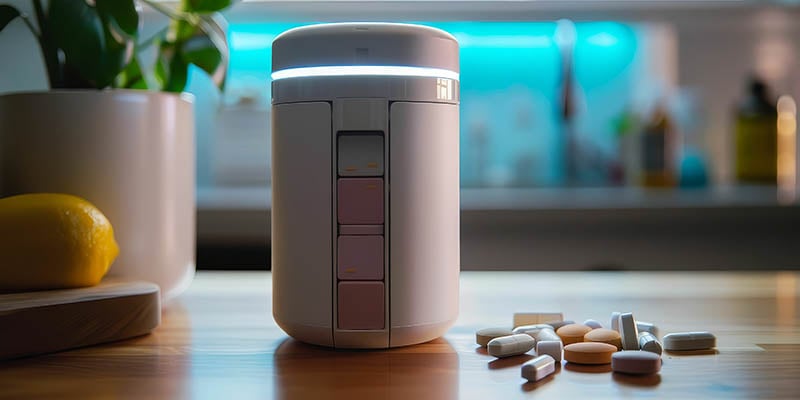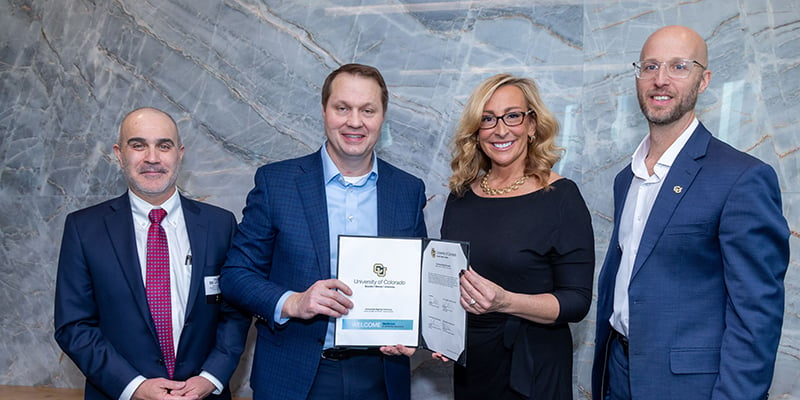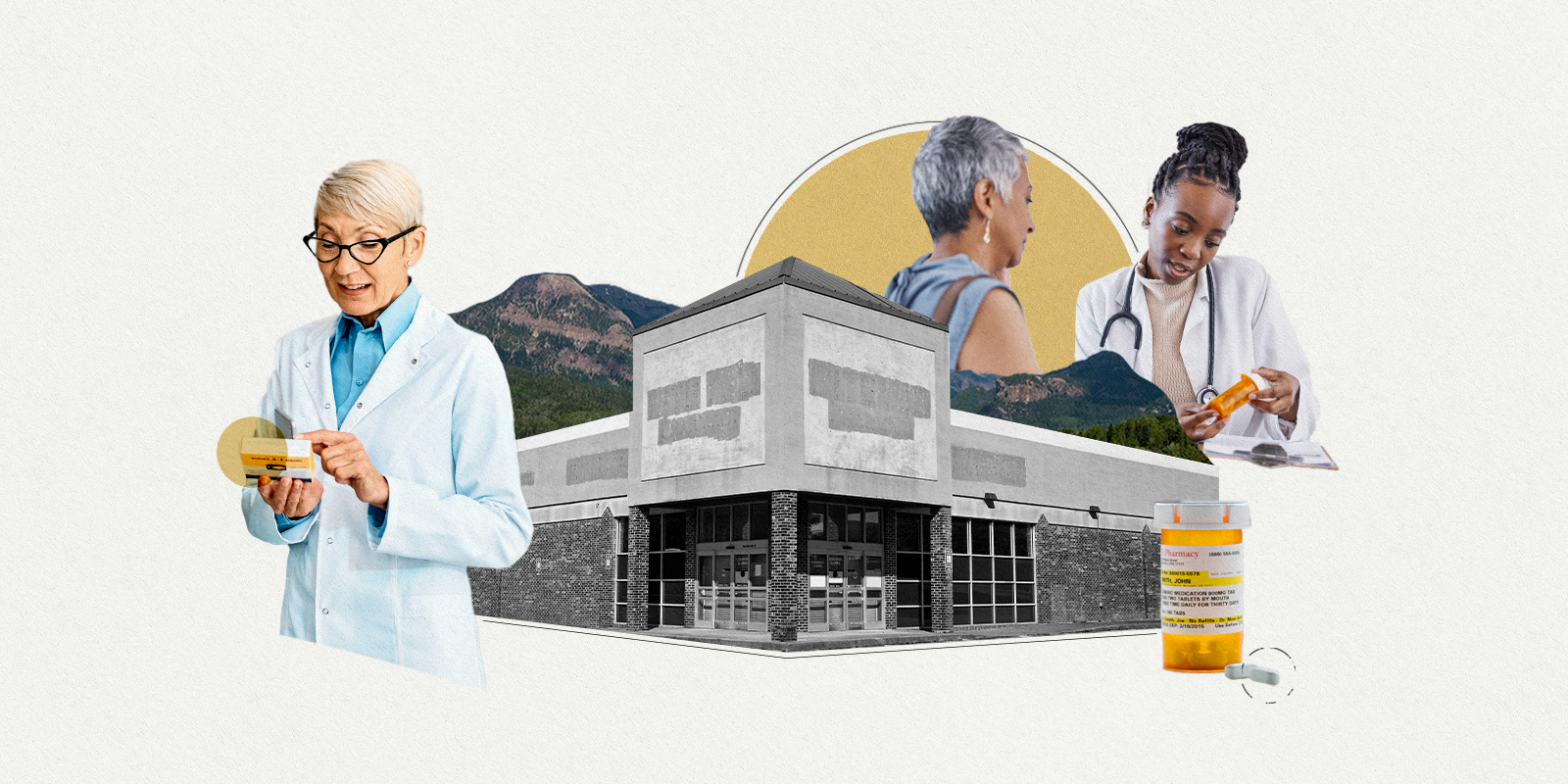What are some of the key issues patients and caregivers have when it comes to medication management at home?
The World Health Organization (WHO) defines adherence as the extent to which a person’s behavior – taking medication, following a diet and/or executing lifestyle changes – corresponds with agreed recommendations from a healthcare provider. Arguably the hardest thing to do at home, related to medication management, is staying on track and taking medications regularly, which we call medication adherence.
I think a good relatable example is getting the oil for your vehicle changed on time. Most people realize the importance of regular oil changes. Some get it done on time, and some do not. Medication adherence is somewhat similar, but with several complicated twists.
Our health is much more important than our vehicles, and medication adherence can sometimes be disrupted by everything from the development of side effects (some of which may or may not be related to our medications) to the cost of certain medications being a barrier for some patients. Other factors include a multitude of misinformation and disinformation about medications that may lead some patients to be hesitant to taking their medications regularly. And of course, it is just sometimes hard to stay on schedule with our busy lives.
New technologies are available to make medication management easier. These include smart-assistant managers and pill dispensers that can be programmed to give a specific dose at the right time. What are the pros and cons of these devices?
Yes, there are many new and innovative smart-medication-management devices. These technologies enhance patients’ ability to be adherent to their medications by reducing the risk of missed doses. This should improve overall health and the therapeutic targets of medications. They are convenient and may be especially helpful for individuals with complex medication regimens, cognitive impairments or patients on multiple medications with different dosage instructions.
What are some of the other new options for at-home medication management where you are seeing success?
Several new and innovative technologies are available. These include:
• Mobile apps: Several mobile apps are available. Some of the important features patients and caregivers should look for are apps that track medication usage, provide potential drug interaction alerts, set up refill reminders and provide medication delivery tracking information.
• Bioingestible sensors: These sensors are embedded into pills that send alerts to a patient’s smartphone and healthcare provider when the medication is taken. This can help profile a patient’s medication adherence pattern.
• Wearable devices: Wearables monitor medication adherence and provide feedback to both patients and healthcare providers.
• Smart pill dispensers: Machines that automatically dispense the correct dosage at the right time. They also alert patients and/or caregivers if a dose has been missed.
• Smart pill bottles: These devices track when a medication vial is opened and can send messages to patients and/or caregivers.
• Online pharmacy management: There are full-service pharmacies online that offer a home medication delivery service where doses of multiple medications are pre-sorted in individual packets with instructions on when to take each dose. It’s important to check with your healthcare provider before using online pharmacies to make sure they are reputable.
• E-pill medication reminders: A system to help patients manage their medication regimen by reminding them to take pills at the prescribed times. The reminders include everything from alarm watches and locked automatic pill dispensers to pill boxes with and without times.
If you’re taking care of an aging parent or a person on multiple medications, what is the best way to decide which of these technologies best suits your situation?
If you are in this situation, it is important to assess whether assistance from a medical professional is needed. Complex medical problems and/or declining health may be best served by a visiting nursing service, assisted living arrangement or nursing home. However, for patients that do not require this level of medical oversight, one of these technologies may be helpful. Some require as little as a smartphone (such as the mobile apps), while others require more advanced skills and manual dexterity (such as smart pill dispensers and bottles). If you are good with technology in general, then a mobile app may be helpful, but if not, then a little assistance from your pharmacist to set up a pill box may be simple enough to help, yet not complex enough to cause anxiety and stress.
Some of these options are a bit pricy without assistance. Does insurance, Medicaid or Medicare cover some of the costs associated with these new medication management methods? Are there other ways people can get financial help?
These devices are typically not covered by commercial insurance or Medicare/Medicaid. Some manufacturers and vendors of these products may provide financial assistance to patients that meet certain criteria. For patients that are interested in one of these technologies who have financial challenges, I would refer them to the individual company to see what assistance may or may not be provided.
Patients may be skeptical about using technology to help manage their health, and there may be some sensitivities with the desire to maintain independence despite declining cognitive issues. What is the best way to approach this topic with them so that they’re open to trying some of these new technologies?
If patients are apprehensive about using advanced technologies, concerned about security of health information, or have low health literacy, these technologies may not be the best for them. A good way to assess the ability of a patient to respond positively to these technologies is to see how other technologies are already incorporated into their daily workflow. For the patient who is tech savvy and already relies on their smartphone, smart watch and other electronic devices in their home and vehicle, this may be a nice complement to their normal routine. However, these devices may not be the best fit for patients that do not yet have their daily activities inculcated with other technologies.
Is there anything you want to add?
Technology is not going away. Advanced devices and tools will continue to evolve. It is prudent to develop your technology skills so that when you need to incorporate a medical device to help with medication management you will be ready – not intimidated – and allow them to help your medication management in the most optimal way.





